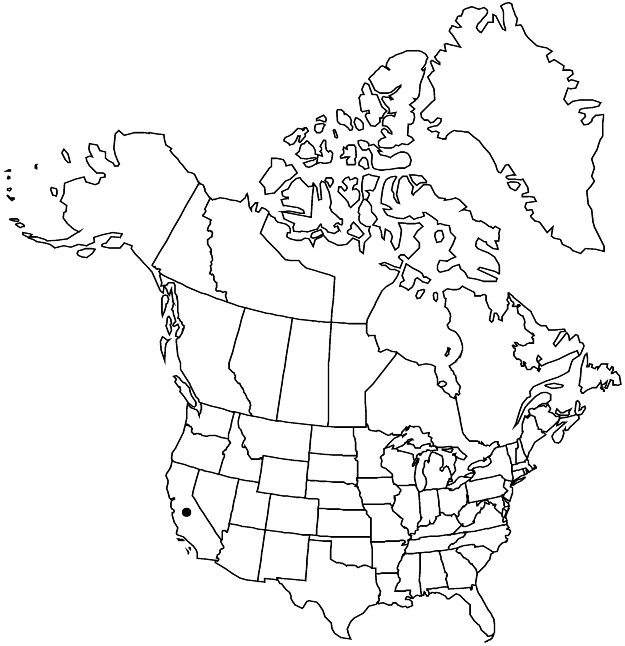Difference between revisions of "Minuartia decumbens"
Brittonia 33: 162, fig. 1. 1981.
FNA>Volume Importer |
imported>Volume Importer |
||
| (5 intermediate revisions by 2 users not shown) | |||
| Line 8: | Line 8: | ||
}} | }} | ||
|common_names=Lassicus stitchwort | |common_names=Lassicus stitchwort | ||
| + | |special_status={{Treatment/ID/Special_status | ||
| + | |code=E | ||
| + | |label=Endemic | ||
| + | }}{{Treatment/ID/Special_status | ||
| + | |code=C | ||
| + | |label=Conservation concern | ||
| + | }} | ||
|basionyms= | |basionyms= | ||
|synonyms= | |synonyms= | ||
| Line 34: | Line 41: | ||
-->{{#Taxon: | -->{{#Taxon: | ||
name=Minuartia decumbens | name=Minuartia decumbens | ||
| − | |||
|authority=T. W. Nelson & J. P. Nelson | |authority=T. W. Nelson & J. P. Nelson | ||
|rank=species | |rank=species | ||
| Line 48: | Line 54: | ||
|publication title=Brittonia | |publication title=Brittonia | ||
|publication year=1981 | |publication year=1981 | ||
| − | |special status= | + | |special status=Endemic;Conservation concern |
| − | |source xml=https:// | + | |source xml=https://bitbucket.org/aafc-mbb/fna-data-curation/src/2e0870ddd59836b60bcf96646a41e87ea5a5943a/coarse_grained_fna_xml/V5/V5_251.xml |
|subfamily=Caryophyllaceae subfam. Alsinoideae | |subfamily=Caryophyllaceae subfam. Alsinoideae | ||
|genus=Minuartia | |genus=Minuartia | ||
Latest revision as of 22:09, 5 November 2020
Plants perennial, mat-forming. Taproots stout, woody. Stems ascending to erect, green, 4–15 cm, trailing stems to 30 cm, glabrous, internodes of flowering stems ca. as long as leaves. Leaves overlapping proximally, all evenly spaced, connate proximally, with tight, scarious sheath 0.5–0.7 mm; blade arcuate, green, flat, 3-veined, needlelike to subulate, 3–6(–9) × 0.7–2 mm, ± rigid, margins scarious proximally, apex green, blunt to ± acute, dull, glabrous; axillary leaves present among vegetative leaves. Inflorescences 5–20-flowered, open cymes; bracts narrowly lanceolate, herbaceous, thinly scarious-margined. Pedicels 0.5–2.5 cm, sparsely stipitate-glandular. Flowers: hypanthium dish-shaped; sepals (1- or) 3-veined, narrowly lanceolate (herbaceous portion narrowly lanceolate), 5–6 mm, not enlarging in fruit, apex often purple, acute to acuminate, not hooded, sparsely stipitate-glandular; petals broadly linear to oblong-elliptic, 0.7–0.9 times as long as sepals, apex rounded, entire to slightly emarginate. Capsules ellipsoid, 4–4.8 mm, shorter than sepals. Seeds purplish brown, elliptic-oblong, ± compressed, 1.8–2.2 mm, tuberculate; tubercles low, rounded.
Phenology: Flowering spring–summer.
Habitat: Jeffrey pine woodlands, serpentine soils
Elevation: 1200-1500 m
Discussion
Of conservation concern.
Minuartia decumbens, like M. rosei and M. stolonifera, is restricted to serpentine soils of northwestern California, specifically to Mule Ridge in Trinity County. The three species are most closely related to the polymorphic M. nuttallii.
Selected References
None.
